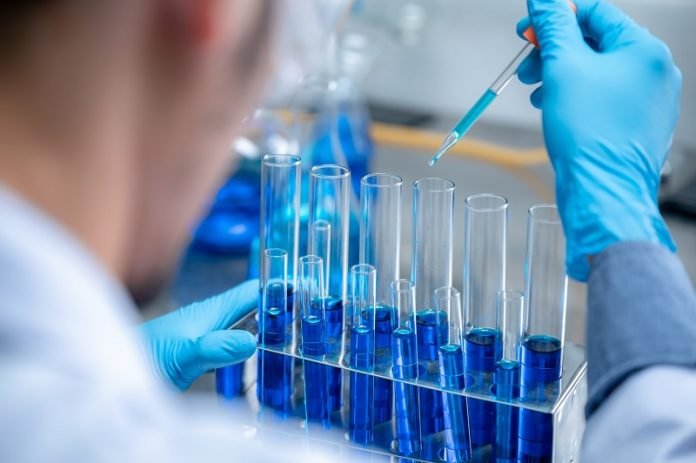
High blood pressure, a big risk factor for heart disease, poses not only health challenges but also substantial financial burdens on healthcare systems.
The annual cost of managing high blood pressure in the United States alone is a staggering $131 billion. For many individuals grappling with this condition, maintaining blood pressure readings within the recommended range can be a formidable task.
However, researchers from Yale University have made a promising discovery that could offer new insights into understanding and treating high blood pressure.
The Genetic Clue
In their pursuit of unraveling the mysteries of high blood pressure, the scientists at Yale University embarked on a quest that led them to a critical genetic discovery.
They identified a gene known as PRDM6, which appears to wield significant influence over blood pressure regulation. This discovery emerged from a comprehensive analysis of extensive data gathered from numerous studies.
The researchers proceeded to delve deeper into the role of PRDM6 by conducting experiments on mice with various variations of this gene.
Their investigations yielded crucial insights: PRDM6 plays a pivotal role in determining the quantity of renin-producing cells in the body during its developmental stages.
Renin is an enzyme, and like all enzymes, maintaining a balanced amount is crucial. Excessive renin levels can lead to elevated blood pressure.
One of the most noteworthy findings from this study was that when mice with a genetic defect linked to PRDM6 were treated with aliskiren, a medication that blocks renin, their blood pressure levels significantly decreased.
This suggests that targeting renin production through PRDM6 manipulation could be a viable avenue for controlling high blood pressure.
Beyond Genetics: The Environment’s Role
PRDM6’s classification as an “epigenetic regulator” opens doors to exploring how external factors, such as environmental influences, can impact blood pressure.
This discovery offers the potential for holistic treatment approaches that consider both genetic predispositions and lifestyle factors, promising a more comprehensive approach to managing high blood pressure.
The researchers, led by Arya Mani, are filled with hope and anticipation about the possibilities that their discovery of PRDM6 holds.
They believe this finding could mark the initial stride toward developing more effective treatments for high blood pressure.
However, there is much more to uncover about the intricacies of PRDM6, and the scientists are committed to delving deeper into its workings.
For those who seek a more in-depth exploration of this groundbreaking study, it has been published in The Journal of Clinical Investigation.
As the scientific community continues to unveil the secrets of PRDM6 and its implications for high blood pressure, there is renewed optimism for improved treatments that could benefit countless people grappling with this health concern.
If you care about blood pressure, please read studies about blood pressure drug that may increase risk of sudden cardiac arrest, and these teas could help reduce high blood pressure.
For more information about health, please see recent studies about nutrient that could strongly lower high blood pressure, and results showing this novel antioxidant may help reverse blood vessels aging by 20 years.
Follow us on Twitter for more articles about this topic.
Copyright © 2023 Knowridge Science Report. All rights reserved.



